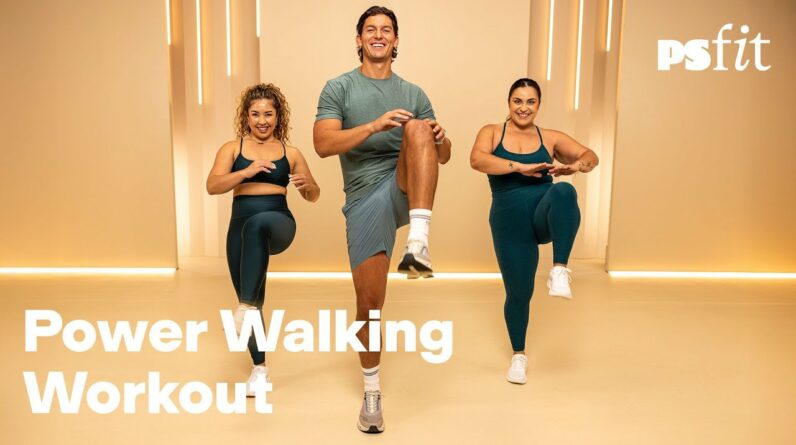5 Nutritious Vegan Food
Cutting out animal products is one of the easiest ways to reduce your vegan food intake. There are numerous alternatives to milk made from soy beans, nuts, seeds, rice, oats, and other ingredients. Vegan yogurt is also increasingly popular, and more are produced every year. Here are a few foods that are considered to be vegan and are delicious alternatives to milk. For a complete vegan food diet, try avoiding dairy products entirely, or eat more plant-based products.
Nuts
Nuts are seeds and dry fruits with a high oil content. Most seeds are also classified as nuts, including peanuts, which fit into both the nut and seed categories. This article describes the different types of seeds and nuts, as well as their health benefits. To make your vegan food diet more diverse, try including nuts and seeds in your daily diet. These tasty snacks are great sources of healthy fats, vitamins, and fiber.
Nuts and seeds contain a high amount of protein. This can be an excellent replacement for some animal protein. Eating a variety of nuts and seeds will also help you get the right amount of nutrients and minerals in your diet. By eating a variety of nuts and seeds, you’ll be making the transition to a vegan diet much easier! And, because they are rich in protein, they are a great source of fiber as well.
Seeds
Listed as a highly nutritious food, seeds are a must for vegans. They are packed with all the essential nutrients a plant-based diet needs. The tiny structure of seeds means that they contain numerous nutrients that are beneficial for long-term health. Here are five reasons to include seeds in your daily diet. Let’s get started. Seeds are great for vegans, as they are delicious, crunchy, and packed with nutrients.
Sunflower seeds: The protein and fat content of sunflower seeds is significantly higher than that of most other seed types. They can be used in recipes to replace eggs. Chia seeds are an excellent plant source of calcium, iron, and omega-3. Chia seeds can also act as an egg substitute. It can be used in a variety of recipes as a substitute for eggs. The book also offers an introduction to vegan diets. The information provided in Seeds is eye-opening and inspiring.
Whole grains
If you’re planning on eating vegan food, whole grains should be part of your diet. They are an excellent source of essential nutrients, like iron, zinc, and fiber. While absorption of iron and zinc from whole grains can be a concern, you can boost absorption by including vitamin C in your diet. You can also sprout, ferment, or cook whole grains to increase their nutritional value. Whole grains can be expensive, especially the “ancient” varieties. However, their health benefits may make them worth the price.
The health benefits of whole grains depend on the type. Whole grains contain the highest concentration of vitamins, minerals, phytochemicals, and fiber. Soluble fiber, for example, can lower cholesterol and may even protect against some forms of cancer. Insoluble fiber, on the other hand, helps move waste through the digestive tract. Several studies suggest that whole grains are beneficial for your health. So, it’s worth trying. Here are some reasons why whole grains are a great choice for vegans.
Fruits
A staple of a vegan diet, fruits are an easy, tasty way to add nutrition and unique flavor to your meals. Fruits come in a wide variety of flavors and textures, and you can choose seasonal or local varieties to maximize the amount of nutrients you get for the least expense. Learn more about the nutritional content and health benefits of fruits for vegans in the Veg Out newsletter. Fruits include: apple, banana, dried apricot, kiwi, dates, pineapple, watermelon, and pomegranate.
Jackfruit is another fruit popular for use in vegan recipes. Jackfruit is a large tropical fruit, which is often used in place of chicken or pork. Its neutral flavor makes it an excellent meat alternative. It grows in Southeast Asia, the Caribbean, and South America and can weigh up to 70 pounds. Ripe jackfruit is delicious and full of beneficial nutrients. You can also find it canned. The good news for you is that more traditional supermarkets are now carrying jackfruit.
Quorn
You’ve probably heard about Quorn vegan food products, but what exactly is it? These products are made from plant-based protein and are a popular meat alternative in the UK. But what is the process behind them? How is Quorn made? This article will explain how Quorn is made. It starts with the fermentation process and ends with a ‘dough’ like substance that is cooked and seasoned like bread.
In 1985, the company, Marlow Foods, introduced the Quorn brand as a joint venture with Rank Hovis McDougall, which was later acquired by Premier Foods. They also made the product in partnership with the industrial chemical company ICI, which is part of the AkzoNobel group. The company began looking for artificial protein sources in the 1960s amid concerns over the world’s increasing population. Chemical companies and petroleum companies funded various projects to discover artificial proteins. They eventually found F venenatum, which Quorn has been using since 1985.
Traditional Chinese fake meats
The trend for fake meat in vegan and vegetarian diets is growing, fueled by the popularity of vegan and vegetarian cuisines and global concerns about climate change. However, fake meat has historical roots, dating back millennia. The first fake meats were developed by the Chinese. This new trend is exciting for those who seek a meat-free diet, but it can also cause confusion and misinformation. Here are some facts about fake meat.
Chinese vegetarian cuisine has more flavors and forms than Western vegan and vegetarian cuisine. In addition to their distinctive sweet-but-savory taste, fake meats are similar to the consistency and texture of real meat. The craze has led to the emergence of vegan companies in Asia, including Omnipork, which aims to appeal to Chinese consumers with faux pork. However, it can be difficult to find a vegan restaurant that offers authentic Chinese fake meat.








